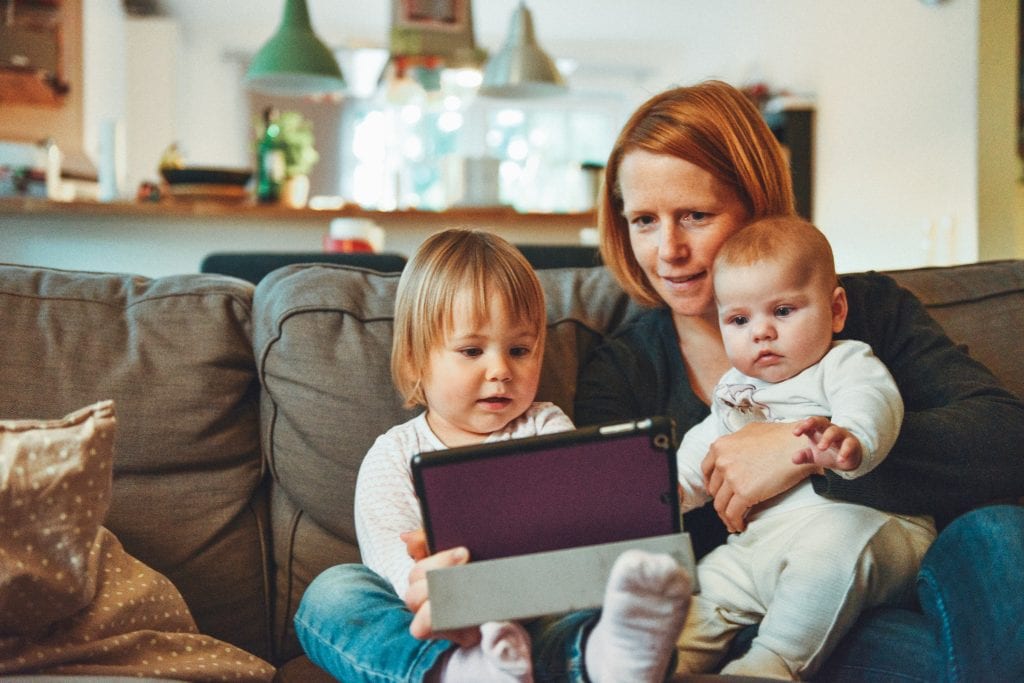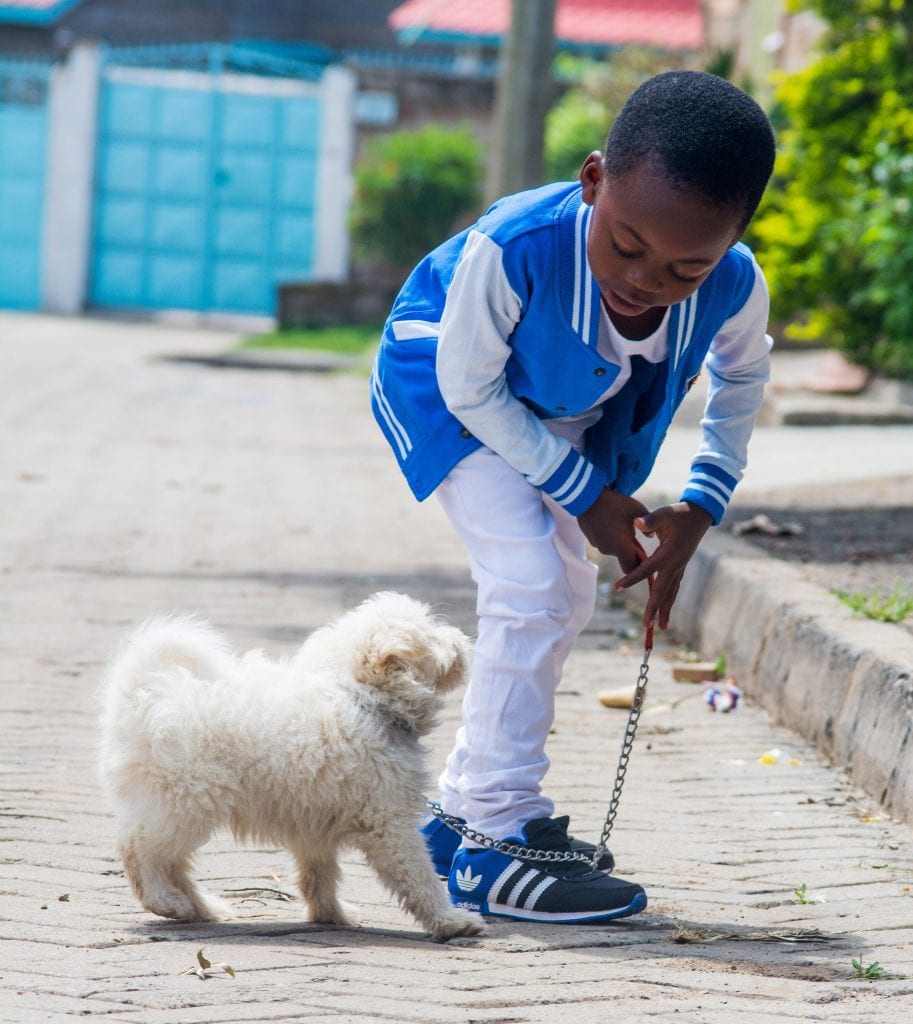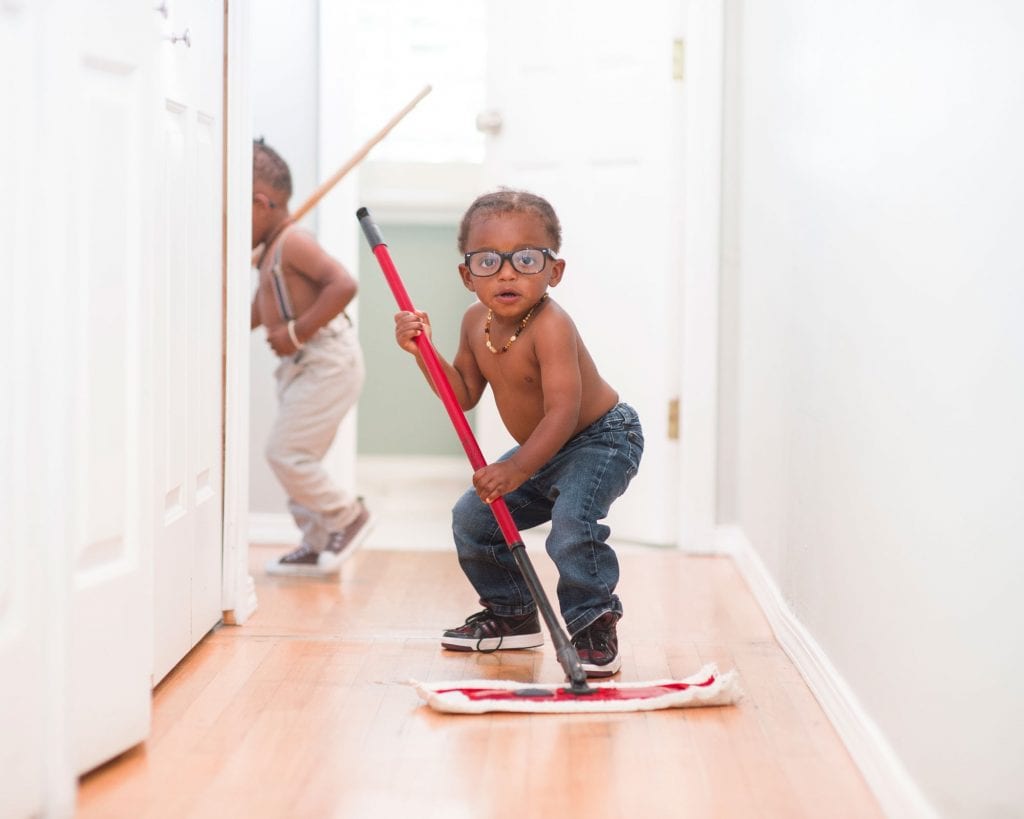Easy Social Skill Practice for Parents at Home
By Susan Rudich, M.Ed.

Let's not kid ourselves, starting another school year distance learning with our children is a challenge. After all, most of us have no professional teacher training. And working with our own children can bring back some less-than-pleasant memories – like the time that Mom decided that she was going to teach you how to drive, or when Dad attempted to help with algebra. Yikes!
After navigating a sea of reading packets, science videos and math worksheets, we can't help but wonder about the impact of the quarantine on our kids' social skills. Without interactions with peers, teachers and coaches, will children remember how to share and cooperate with classmates?
These concerns are legitimate. Building positive connections with people outside the immediate family is the foundation for school success – academically as well as socially. And, becoming a successful social being takes time and plenty of practice.
At school, young students learn to have kind and respectful relationships, work well with peers, listen and follow instructions, solve social problems, communicate verbally, display self-control and use good manners.
10 Ways to Practice Social Skills at Home

1. Build relationships through virtual play dates. Set up a short FaceTime or Zoom play date for your child with a friend, and actively take part. Children will learn social skills by watching you engage in the conversation. Be the model of a sincere listener, giving your undivided attention. Gently guide your child if she or he begins to monopolize the conversation. With practice, your child will learn the "serve and return" of being a respectful conversation partner.
2. Display kindness by reaching out to a new friend. Schedule a Houseparty or Zoom get-together with someone in your child's class you previously hadn't connected with. Discuss with your youngster the value of welcoming a newcomer. Since you didn't have the opportunity to invite this new child previously for a play date, a short video date will provide an opportunity to practice kindness. Again, you should stay involved to model how to ask questions and wait for a response. Finding an interest that the children share might be the start of a budding friendship.
3. Teach your child empathy by being considerate of others. Have your child take part when you drop off something for a neighbor who cannot get out. Share with your child that the neighbor is elderly and must remain indoors right now. Chat about how to help out – whether that's grocery shopping, baking brownies or walking the neighbor's dog.
4. Teach self-control by taking turns. Encourage patience and good manners by having Mom or Dad choose the bedtime story or board game for game night. You should prepare your child for this, if it's new to them. Let your little one know that, "Today, it is Mom's turn to choose the story, and tomorrow it will be your turn." This is a skill that really gets a workout at school!
5. Give your child the gift of not always winning. That's right! In the safety of home, when you're playing a game together, allow yourself to win from time to time. (No gloating, please!) At school, your child is not always the winner or center stage. Home is the perfect setting to practice, with love.
6. Share. Create art or a silly video for a friend and then email it to them. Or make pictures for a teacher, a coach or a health professional who is helping to keep us safe. In the world of social-emotional development, it is important for children to begin gaining an awareness of others in their lives.

7. Engage in an activity that requires teamwork and multiple steps. Making play dough, for instance, will require the children to collaborate as they gather the ingredients, measure and take turns with the steps of adding and mixing. Being able to let others participate takes patience. These types of exercises are both helpful and fun.
8. Encourage emotional vocabulary. Read stories that highlight emotions. Together, look for illustrations that could spur a conversation about how the characters are feeling. Some of my favorites in this category are "Pancakes for Breakfast" by Tomie dePaola, "When Grandma Gives You a Lemon Tree" by Jamie Deenihan and "A Good Day" by Kevin Henkes. Having to shelter-in is certainly a time when life has given us lemons … so, let's make lemonade!
9. Strengthen the skill of reading facial expressions. When enjoyinga video or reading together, increase your child's social IQ as you chat about the story. Often, we focus on the plot and getting through the story. Next time, focus on the characters' faces and body language. Open up a conversation along the lines of: "The bird in the story looks worried. Why do you think so?" Allow time for your child's thoughts to become words. If they remain engaged, extend the chat with: "How do you think he could solve the problem of the missing feather?"
10. Support self-help and personal responsibility. Encourage your child to participate in putting away toys, placing dirty clothes in the hamper and setting or clearing the dinner table. At school, children learn to be valued members of the classroom community by placing their lunch box in a cubby or helping a peer find their jacket. Remind your child that a family is just like school, where we all need to pitch in.
With a little tweaking, classroom social skills can be practiced at home. As a bonus, try out my Kindness Bingo game and enjoy the gift of this extra time together.
Susan Rudich, M.Ed., is an early-childhood educator, parenting coach and adjunct professor of child development. She is a fellow of the Simms Mann Institute's First 36 Project and studies the latest in human development theories and neuroscience as they relate to children ages 0-36 months. She can be reached at susanrudich@yahoo.com.
Source: https://www.laparent.com/10-ways-to-practice-social-skills-at-home/
0 Response to "Easy Social Skill Practice for Parents at Home"
Post a Comment